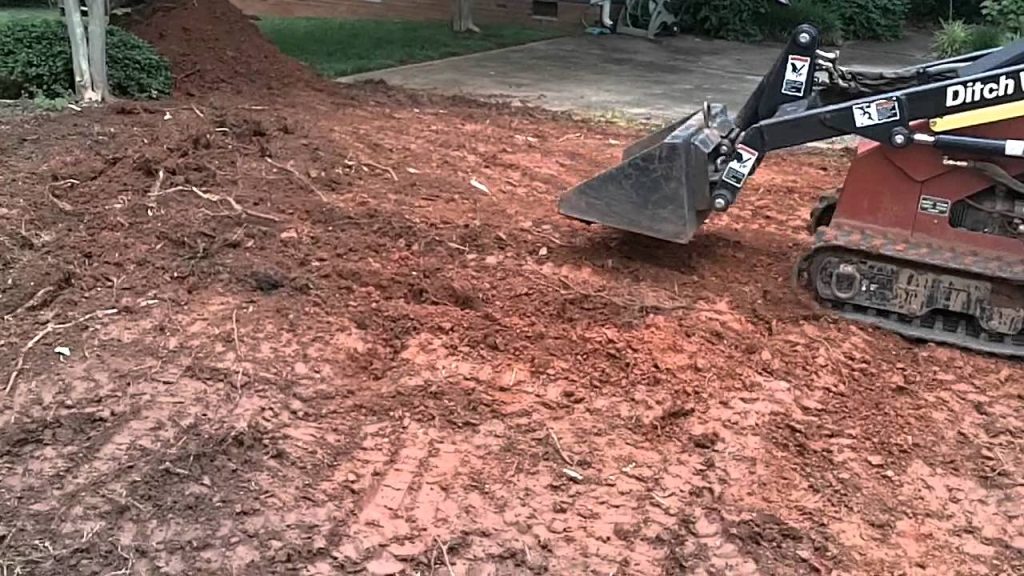Grading
Are you looking to transform your outdoor space into a beautiful and functional landscape? One crucial aspect of landscaping is grading, which involves shaping and leveling the ground to create a smooth and even surface. Whether you are planning to install a patio, construct a driveway, or create a garden, proper grading is essential for the success of your project.
Grading is the process of manipulating the slope and contour of the land to ensure proper drainage and prevent water accumulation. It involves removing excess soil from high areas and redistributing it to low areas, creating a balanced and level surface. This process not only enhances the aesthetics of your landscape but also helps in preventing erosion, controlling water runoff, and promoting healthy plant growth.

Why is grading important?
Proper grading plays a vital role in maintaining the integrity of your landscape. Here are some key reasons why grading is important:
Water Drainage: One of the primary purposes of grading is to ensure proper water drainage. By creating slopes and contours, grading directs water away from your property’s foundation, preventing water damage and potential flooding. Without proper drainage, water can accumulate in low-lying areas, leading to soil erosion, stagnant pools, and damage to plants.
Erosion Control: Grading helps in controlling soil erosion by redirecting water flow away from vulnerable areas. By creating gentle slopes and channels, grading prevents rainwater from washing away topsoil, which is essential for healthy plant growth. Properly graded landscapes are less prone to erosion caused by heavy rainfall or irrigation.
Structural Stability: A well-graded landscape provides a stable foundation for various structures such as patios, driveways, walkways, and retaining walls. Proper grading ensures that these structures are built on a level surface, reducing the risk of settling or shifting over time. It also helps in preventing cracks and damage caused by uneven ground.
